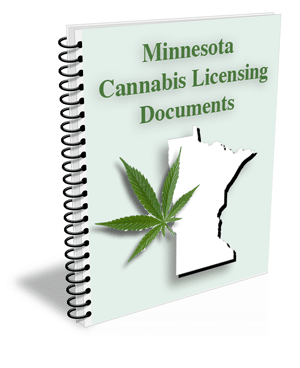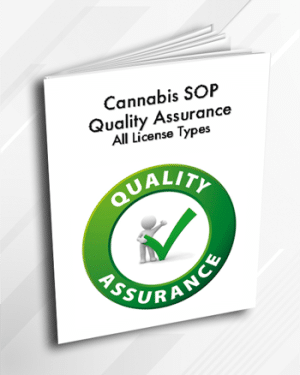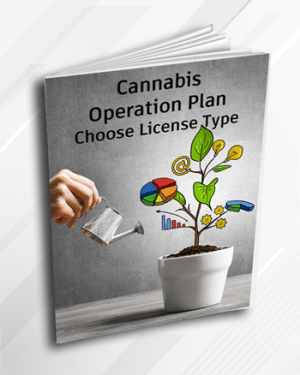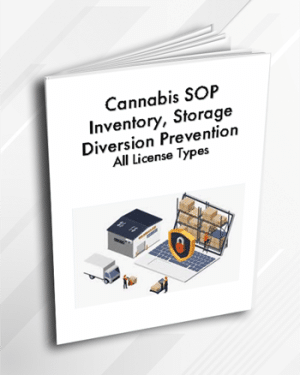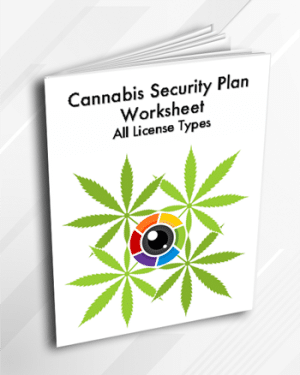Elements of the Minnesota Cannabis Application
If you did not submit an application by March 14, 2025, then you are out of luck for the time being, sorry to say. We don’t expect another application window to open in the next year.
The following information is for those who submitted applications and are ready for the next steps of the process.
The OCM has stated that the following “Final Plans of Record” will need to be submitted to finalize your license. The submission must be done through their online portal.
Our document packages come with all of the narrative information needed to fill in the question contained in the above plans. Design plans are separate, but we can advise you on how to handle that process.
Total questions to answer:
* Retail only – 85
* Manufacturing only – 97 (plus an extra 19 for each additional product, but they are simple, so don’t worry)
* Cultivation only – 75
* All 3 endorsements – 118
Contact Us for a Free No-Pressure Consulation Now!
What Are the Costs of Our MN Cannabis Application Consulting Services?
We operate on an economy of scale. If we only had one customer, we would need to charge tens of thousands of dollars to complete one of these applications, but since we can serve several customers with similar information, we keep our prices below $10,000 for our individual document sets, no matter how complex they are. Most importantly, our templates and services come along with free corrections if the OCM flags any deficiencies.
You can also buy a la carte templates and hourly consulting time!
The Benefits of Working with Jennifer Martin On Your Minnesota Cannabis Business Application
We operate differently here at CS Consulting because we support customers who want to handle their own applications as well as those who want everything possible done for them. Our MN cannabis license application documents contain sophisticated state-compliant plans and procedures that will get you through the OCM’s complex bureaucratic hoops as quickly as possible. You will receive our MN cannabis application forms immediately after purchasing them!
Our prices and deliverables are 100% transparent. You can look at the documents via live screen share before you buy them, and during that time, you will be getting a free consultation from industry veteran, Jennifer Martin (Cannabis Cultivation and Licensing Expert).
Our Minnesota Cannabis Application Templates Increase Your Chances of Quick Approval
We have qualified dozens of applicants for cannabis licenses across the country–we know how it works. Each state is a bit different when it comes to the questions being asked and level of detail that meets the requirements, but Minnesota has a 14-day “cure period” which means that any deficient application will have a chance to be corrected. That means we can guarantee that all MN cannabis business application documents from us will be accepted by the OCM. We correct deficient documents quickly and at no charge.
Save a Ton of Time Outsourcing MN Cannabis Licensing Documents to Us
Let experts take care of the tedious paperwork for you. When you are not familiar with cannabis regulations and Minnesota cannabis license requirements, it will take you 3x longer to complete cannabis plans and procedures. You might also misunderstand the information being requested by the cannabis regulatory agency. For these reasons, leave it to the experts. We price our cannabis business plan templates to make it more worthwhile for you to focus on other priorities, such as securing a location and arranging financing. The goal is to make it easy for you to figure out how to open a dispensary in Minnesota.
Our state-compliant cannabis licensing documents cite MN’s final regulations. They reflect years of experience interpreting cannabis application questions. We have helped cannabis license applicants in many other states since 2017, including California, Mississippi, New Jersey, New York, Kentucky, Delaware, Hawaii, Maryland, Illinois, Utah, Georgia, Michigan, Oregon, and Nevada, so if you need Minnesota cannabis consulting, this is the place to be!
Some other cannabis license consultants might know as much as we do, but no one knows more because we were there from the beginning of state-legal cannabis programs across the country (medical and recreational). Read about us.
Contact Us Now to Learn More!
Let us give you the Minnesota cannabis license application help you need. We have reasonable rates, good communication, and guarantee that our documents are compliant with the OCM’s application requirements.
Further Resources:
Read about the unique aspects of specific Minnesota cannabis license types, including free sample budgets:
Minnesota Cannabis Cultivation Licensing
Minnesota Cannabis Retail Licensing
Minnesota Cannabis Microbusiness Licensing
Minnesota Cannabis Manufacturer Licensing
